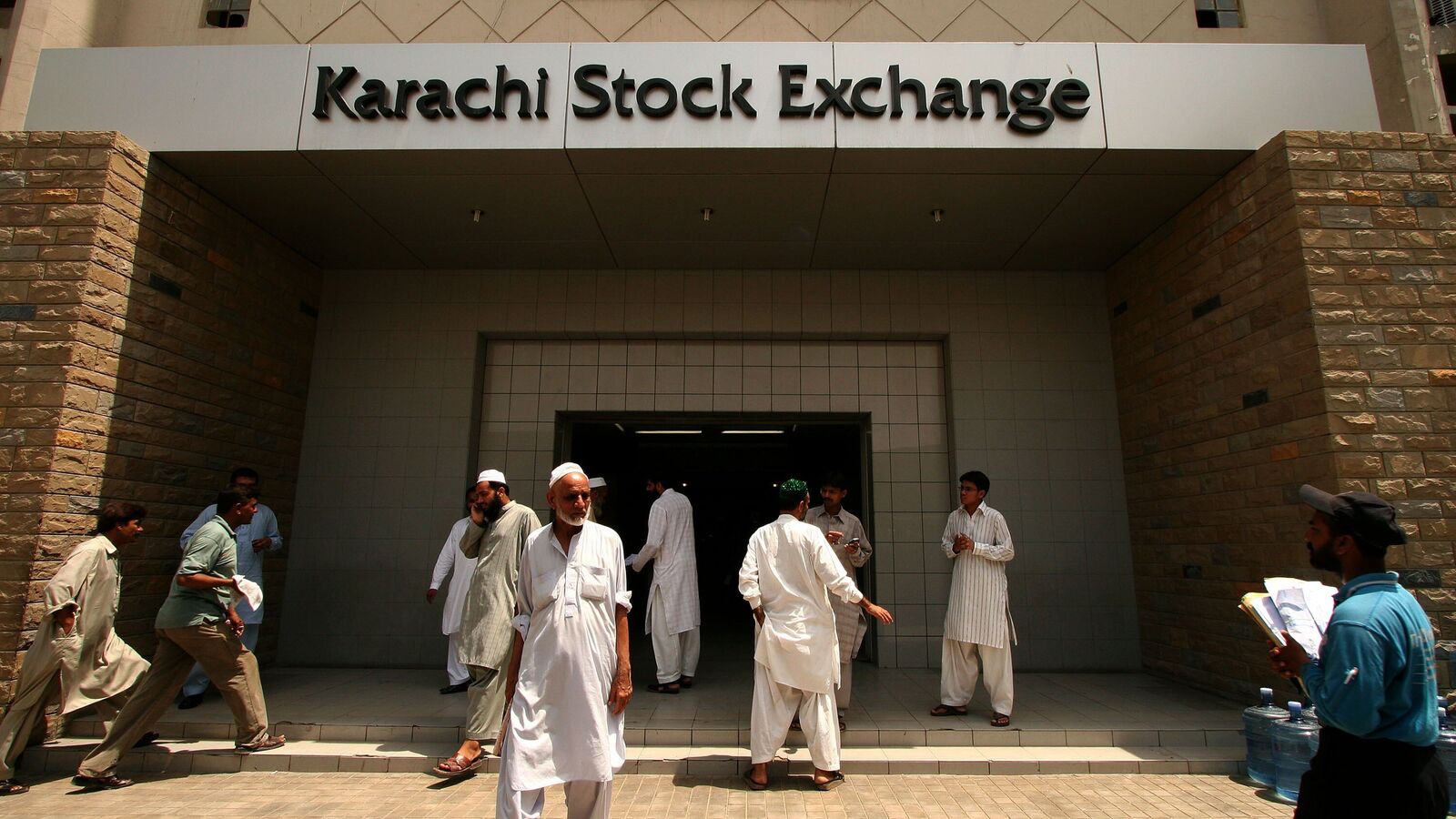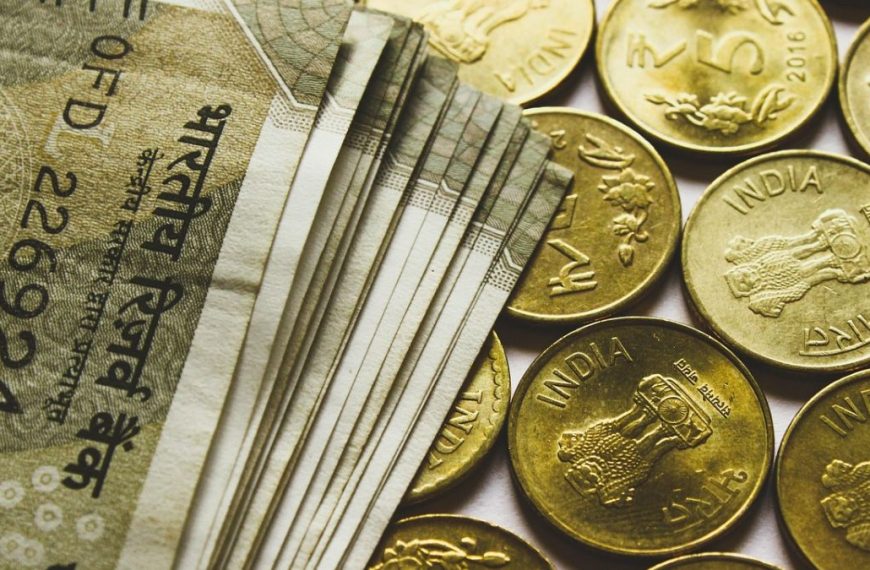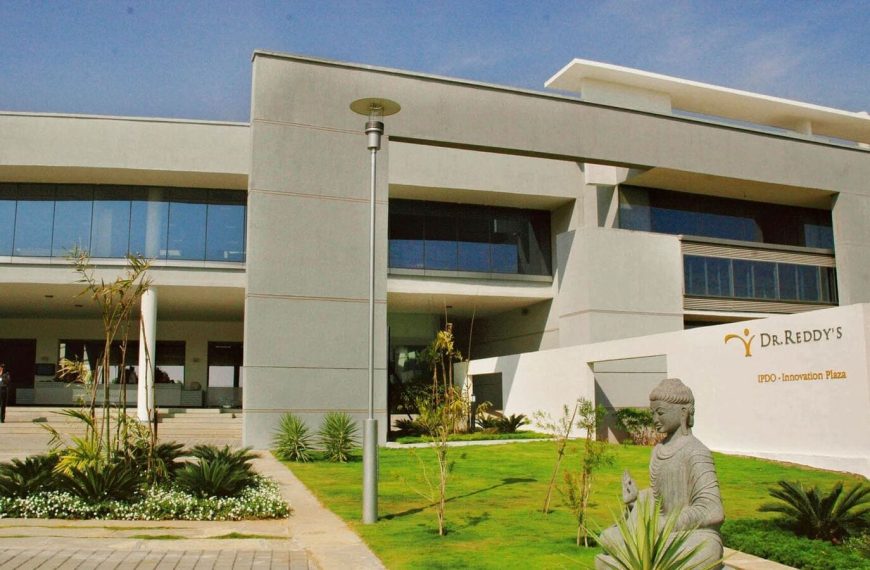On May 9, the Karachi Stock Exchange showed signs of recovery, bouncing back after a challenging period that saw it decline for four consecutive days. The recent escalation of tensions between India and Pakistan sent ripples of concern through investor circles, leading to significant market volatility. On the previous day, the benchmark index plummeted by more than 6% during intraday trading, triggering a temporary halt in transactions. Over the last four sessions, the KSE 100 index has now shed 9.5% of its value, and since the April 22 terror attack in Pahalgam, it has dropped a staggering 12.5%.
Understanding the Tensions Between India and Pakistan
The recent spike in conflict between India and Pakistan can be traced back to a brutal terror attack in Kashmir that resulted in the deaths of 26 civilians. In retaliation, Indian military forces targeted nine locations in Pakistan and Pakistan-occupied Kashmir with calculated military strikes early on Wednesday. These actions were described as “precise and restrained,” aimed at avoiding further escalation.
On Thursday evening, India successfully intercepted attempts by Pakistan to strike military installations using drones and missiles, including in regions like Jammu and Pathankot. Reports indicate that similar attempts had been thwarted across 15 locations in northern and western India, intensifying fears of a broader conflict.
Economic Ramifications and International Appeals
In light of these heightened tensions, Pakistan’s Ministry of Economic Affairs has reached out to international allies for additional financial support, citing severe economic losses and a collapsing stock market. The Ministry posted on social media platform X, expressing the urgent need for international partners to help de-escalate tensions and provide necessary aid.
- Key points from the Pakistan government’s appeal:
- Urgent request for financial assistance due to stock market collapse.
- Emphasis on the need for international cooperation amidst rising conflict.
Indian Stock Market Response
Meanwhile, back in India, the stock market faced its own challenges following a period of resilience amidst the ongoing geopolitical strains. As of 11:55 AM, the BSE Sensex had fallen by 750 points, or 0.94%, settling at 75,580. The NSE Nifty 50 index also saw a decline, hovering around 24,041, down 230 points or 0.96%.
- Notable trends in the Indian market:
- Defence stocks are witnessing a surge amid the escalating tensions.
- Analysts are urging investors to consider strategic purchases in this volatile environment.
In conclusion, the interplay of military actions and market reactions highlights the intricate relationship between geopolitical events and economic stability. As the situation unfolds, both nations face the daunting task of navigating these turbulent waters, with investors watching closely for signs of recovery or further decline.











